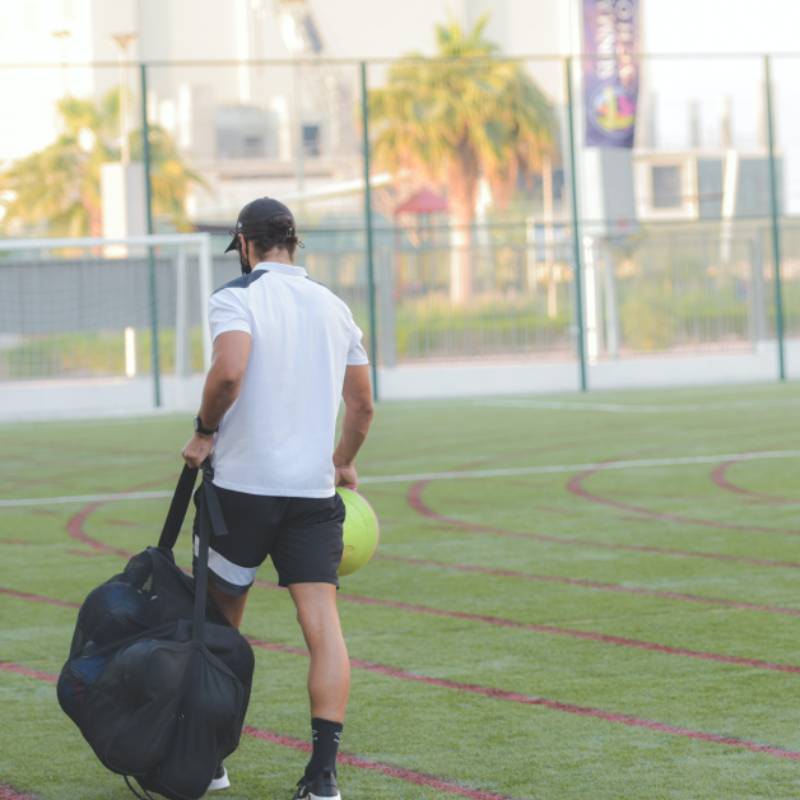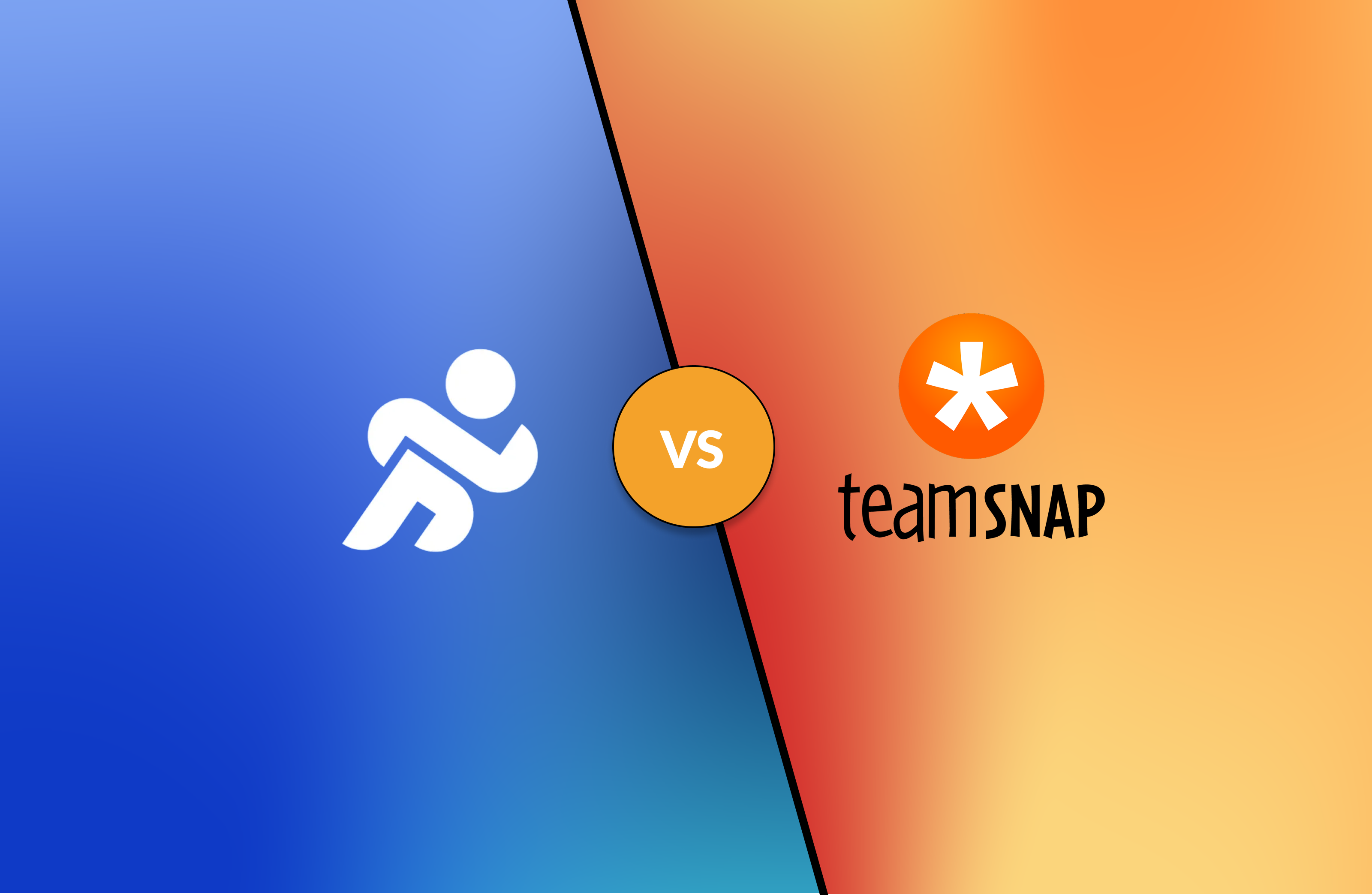5 tips for optimizing the parent-trainer relationship

As we all know, parent-coach relationships can be quite complicated. Parents are often very emotionally involved in their child’s sport. This can make it difficult to maintain good relations with them.
Keep in mind that this relationship is very important, as it influences the athlete’s sporting development. It can also influence other aspects of the athlete’s life, such as academic performance and mental health. Here are five tips to help you optimize your parent-coach relationship with your athletes’ parents.
Manage expectations
These days, parents of athletes play a very active role in their child’s life. Quite often, they have very high expectations and put a lot of pressure on their child. Some parents tend to give unsolicited advice on training methods. As a result, the best way to manage their high expectations is to establish a common understanding of goals.
You can hold a meeting to ensure that parents have realistic expectations of their children’s abilities. Remind them that players are there to learn and grow. Putting a lot of pressure on their children would be counterproductive and could create a lot of anxiety in them. This could have a significant impact on their performance. They need to be aware of your expectations so they can meet them.
Transparency
Transparency is a key element in optimizing your parent-trainer relationship. They need to know everything that’s important to their children. It’s also a good way of showing that you take your role seriously. We understand that it can be tricky to tell parents that their child seems disinterested or doesn’t listen to instructions, for example.
However, these situations must be communicated clearly to parents, as it is their role to discipline their child. Don’t be afraid to make recommendations to parents based on what you observe in the field. This includes specific suggestions for improvement or areas where the child needs extra support or encouragement. These will undoubtedly help the child to improve.
In addition, it’s essential to establish the roles and responsibilities of each party. In this sense, you need to clearly state your role and that of the parents. You can mention the extent to which you want the parents to be involved. For example, you’ll be responsible for providing feedback to the young person following the practice. So, if the parent has something to add, he or she can talk to you to get your opinion, and you can then pass on the information to the athlete.
Don't take anything personal
As you well know, some parents are more difficult than others. They don’t always fully understand your role, or even some of your decisions. This can show in the attitude they adopt towards you. However, you must remember not to take everything they say personally.
Their words can sometimes go beyond their thoughts and say things they don’t mean. By the way, in another article, we’ve provided several tips for dealing with difficult sports parents.
Obviously, you deserve respect, but be aware that harboring resentment over a comment made to you could show up in your communications. Without realizing it, your attitude could be different with these parents. The parent-coach relationship could be affected.
Be understanding and collaborative
Try to be understanding in every conversation you have with parents and their child. If a parent comes to you to discuss their child, adopt an understanding attitude. Try to put yourself in their shoes and understand their point of view. By showing your openness, they’ll know they can easily come to you. What’s more, let them know that you want to work together. The goal is to work together in their child’s best interests.
Thanking parents
It’s probably not the first thing you think of, but you can thank the parents for their cooperation. Of course, they sign their kids up for a team sport knowingly. However, parents make a lot of sacrifices when their children play sports. They have to drive them to training sessions and competitions, sacrifice evenings and weekends when they could have been doing things for their own interests, etc. Not all parents are willing to make these sacrifices.
Not all parents drive their children home on time and respect your requests. You can therefore express your gratitude to parents who make the effort to respect your requests. By thanking them, they’ll see that you appreciate their cooperation, and that’s a great way to strengthen your relationship.
Finally, remember that the parent-coach relationship is a two-way street. As such, you need to work together, not against each other. This is in the athlete’s best interest, as both parties will benefit from open communication.
Karl Demers



